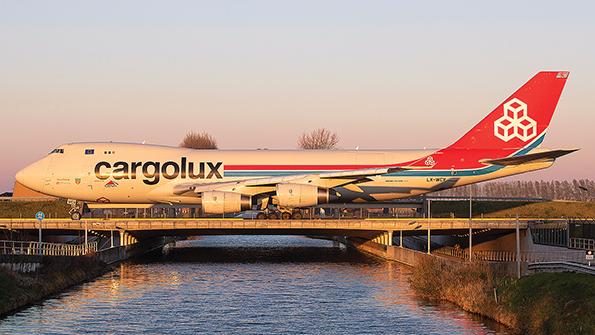
Ask the Editors: The Aviation Week Network invites our readers to submit questions to our editors and analysts. We’ll answer them, and if we can’t we’ll reach out to our wide network of experts for advice.
How is the air cargo market faring in the COVID-19 crisis compared with passenger travel?
Paris Bureau Chief and Air Transport Editor Helen Massy-Beresford responds:
The air cargo industry already was facing a tough outlook before the COVID-19 pandemic. Last year was the worst year for air freight since 2009, with the U.S.-China trade war, macroeconomic uncertainty and Brexit all contributing to a gloomy climate.
But when the COVID-19 crisis began, the challenges changed overnight. Transporting vital medical supplies around the globe became an urgent priority—even as passenger flights were coming to a standstill, depriving operators of belly hold capacity. That led to strong demand for charter services and for capacity operated by airlines that were able to adapt (for example, by temporarily converting passenger aircraft into makeshift freighters). In parallel, there was also a broader drop in demand for transporting goods at first, with many sectors of industry slowing down as consumer spending was hit by uncertainty and job losses.
With industrial activity recovering in many parts of the world, the picture becomes more complicated for air cargo. The International Air Transport Associaton’s (IATA) latest market analysis, for June, shows a modest recovery, with industry-wide cargo ton kilometers down 17.6% from a year earlier, compared with a 20.1% drop in May. But IATA cautioned that cargo demand in June was softer than normally would be suggested by current levels of manufacturing output and new export orders, which it explained by a loss of market share to slower but cheaper forms of transport such as trucking or rail. That trend, typical during downturns, could be worrying news for air cargo operators if it continues.
Before the pandemic hit, e-commerce was the bright spot for air cargo operators, and many consumers have turned to online ordering during the pandemic. But even with that, emarketer.com has lowered its projection for e-commerce sales this year by 4.7%, to $3.9 trillion.
The outlook for the air cargo sector in the coming years will be closely linked to the global economy. The industry will have to adapt to new dynamics, such as less belly hold capacity, for the next few years. IATA now expects commercial air travel will not recover to 2019 levels until 2024.





